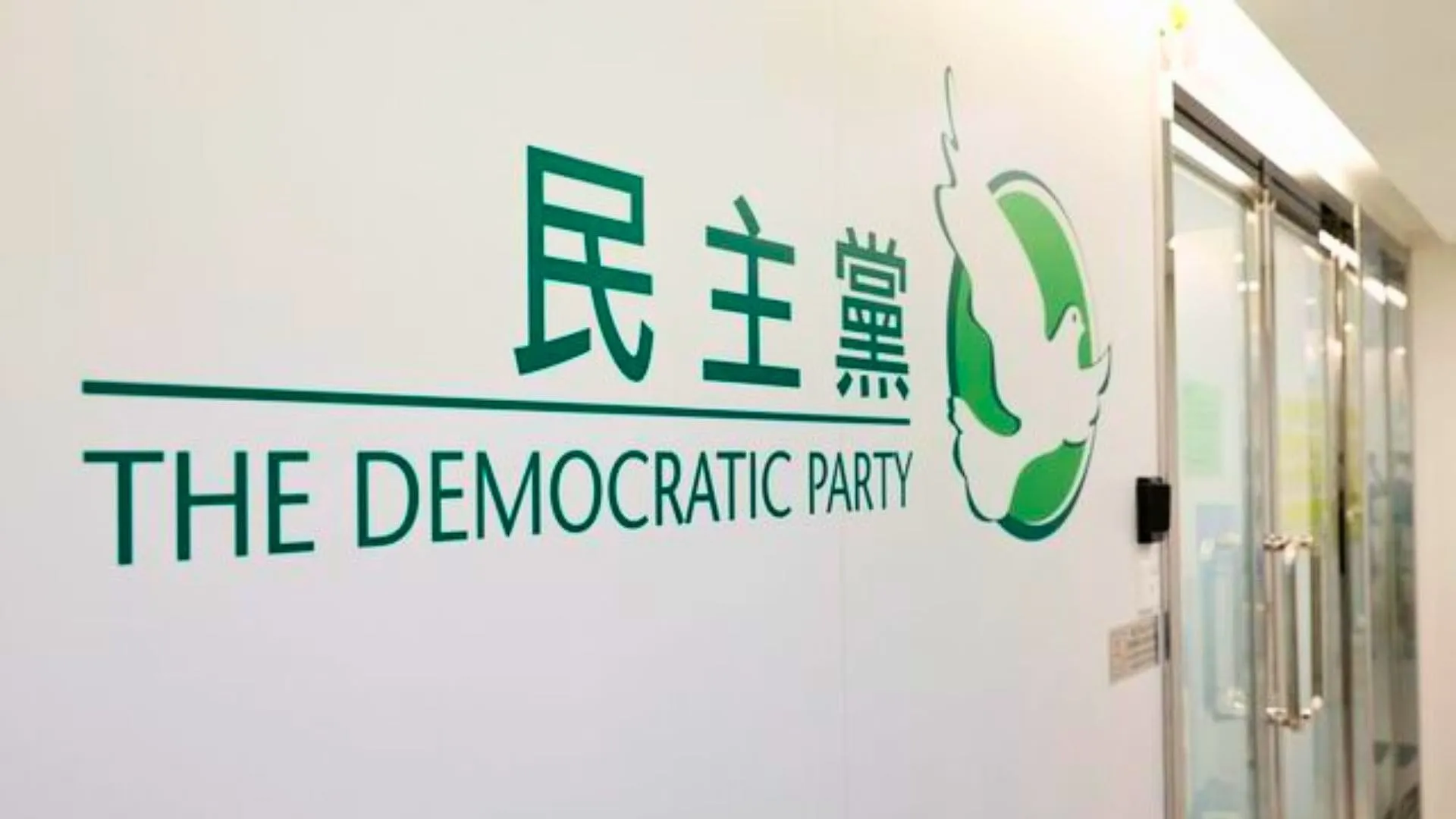Hong Kong’s Democratic Party, the city’s biggest pro-democracy force, is moving definitively towards dissolution. The action highlights the declining room for dissent under Beijing’s tightening grip. On April 13, more than 90% of members sanctioned the leadership to proceed with dissolution procedures, including financial investigations and legal rituals. Although not final, this decision represents a notable withdrawal of organized opposition in Hong Kong. The demise of the Hong Kong Democratic Party mirrors the general weakening of political liberties in the city.
A Legacy of Advocacy Meets Its Demise
Formed in 1994, the Democratic Party was a leader in fighting for democratic change and civil liberties in Hong Kong. It helped craft the “one country, two systems” arrangement, which guaranteed a high level of autonomy after the handover in 1997. But the imposition of the National Security Law in 2020 turned the tide. The law criminalizes actions that are considered as secession, subversion, terrorism, and collusion with foreign forces, which resulted in the arrest of several pro-democracy activists and politicians.
Internal Pressures and External Threats
Party Chairman Lo Kin-hei reiterated that the move to consider dissolution is due to the prevailing political situation. According to reports, members were warned by Chinese officials or intermediaries of dire consequences, such as arrest, if the party did not dissolve. Despite these threats, Lo hoped that political groups in Hong Kong would remain dedicated to the public interest. Until the last vote, the Democratic Party will continue its normal activities.
A Wider Crackdown on Civil Society
The Democratic Party’s drift towards dissolution is not singular. It comes after the dissolution of other civil society organizations, such as the Civic Party and Demosisto, during a wider crackdown on dissent. The national security law has been widely condemned for targeting political opposition and restricting freedoms. The deterioration of civil liberties has resulted in a sharp decline in political diversity and public debate in Hong Kong.
Implications for Hong Kong’s Political Landscape
The possible dissolution of the Democratic Party marks the end of official political opposition in Hong Kong. This marks a concern for the future of the city as a destination for free expression and democratic participation. Observers caution that a lack of organization of opposition may result in greater self-censorship and a standardized political landscape. The international community continues to observe these events closely, underscoring the need to protect human rights and democratic values.























